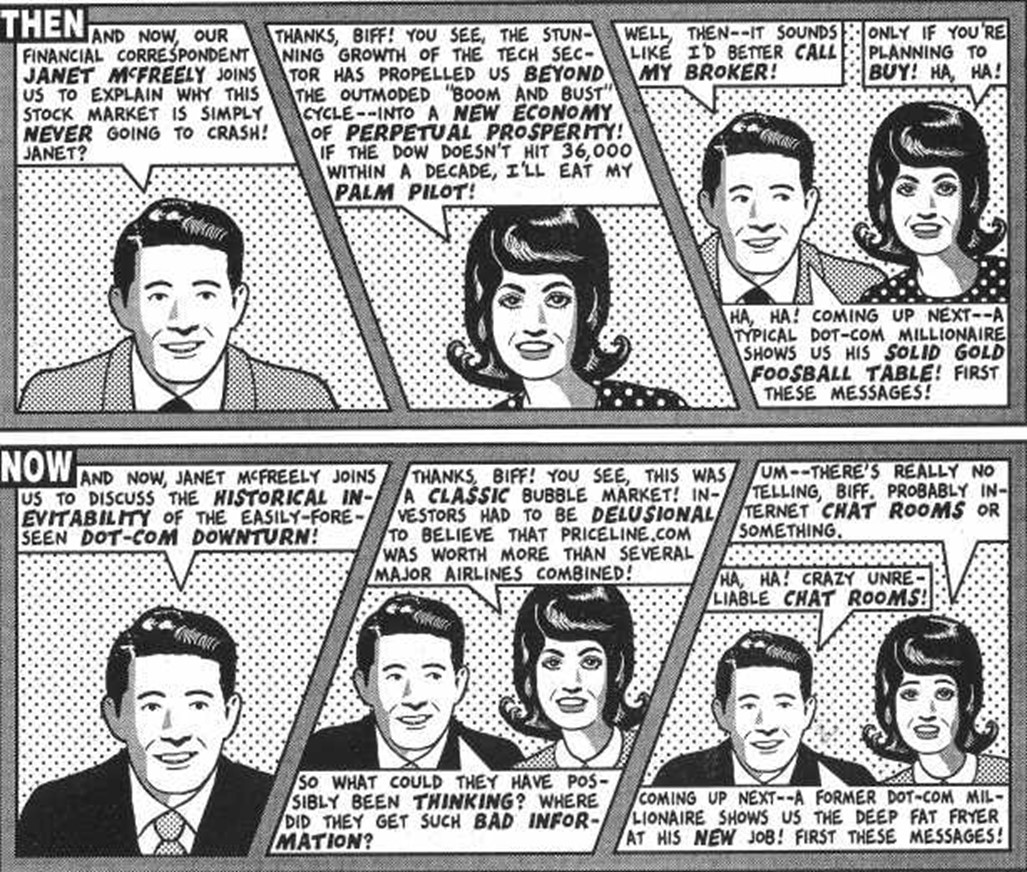It looks like you're new here. If you want to get involved, click one of these buttons!
I’m not sure that’s a fair comparison, With the present inverted yield curve money market funds should yield better than longer dated bonds. Were yield the only factor nobody would invest in longer dated bonds today. Any (perceived) advantage would accrue to someone who wanted to own longer term investment grade bonds for diversification and who thought the inverted curve will return to normal some day.I don't see any direct short Treasury positions.
Basically, it holds corporate LQD & tons of rate-swaps plus supporting cash. Duration is very low. So, the overall effect is m-mkt like returns out of intermediate-term bonds overlaid with derivatives. But the current yield is well below VMFXX, so, what's the point?
Two people. See "US family finances as of 2y ago" thread.The good news for all of us is fd1mm has found someone they are impressed by.
I tried listening to the latest Bowley podcast. Could not get very far. I'm with @hank. Bowley just sounds so casual and informal. I'm waiting, waiting, waiting for him to make his ..... ..... POINT.Howard Marks is very smart and articulate, but you get generic ideas, and many shades of gray. You also get opinions on both sides to cover his Axx. The one thing you hardly get is what to do now and how markets work, and that's exactly what I'm looking for.
Listen to Tom Bowley and you will learn a lot more about markets, what actually happens, and what to do with a degree of success. Every week, he posts his podcast.
He is my number 1 and only analyst I listen to, no BS, just pure opinions. There is a good chance you will learn something useful.
See (https://www.youtube.com/channel/UCm7uW8Ekk0b-7n02F-C4ApQ?view_as=subscriber)
+1.We should make this a permanent thread to post all future Howard Marks memos and related forum discussion in one thread.
Now I have a clue :-)For more recent 3m RE is 1st, up almost 14%
The sector's raw performance is good. A rising tide lifted all boats. Relatively speaking, not so impressive.RE in general has had a good year.
VNQ
VGSIX
Even FRIFX has moved up 10%ish

© 2015 Mutual Fund Observer. All rights reserved.
© 2015 Mutual Fund Observer. All rights reserved. Powered by Vanilla